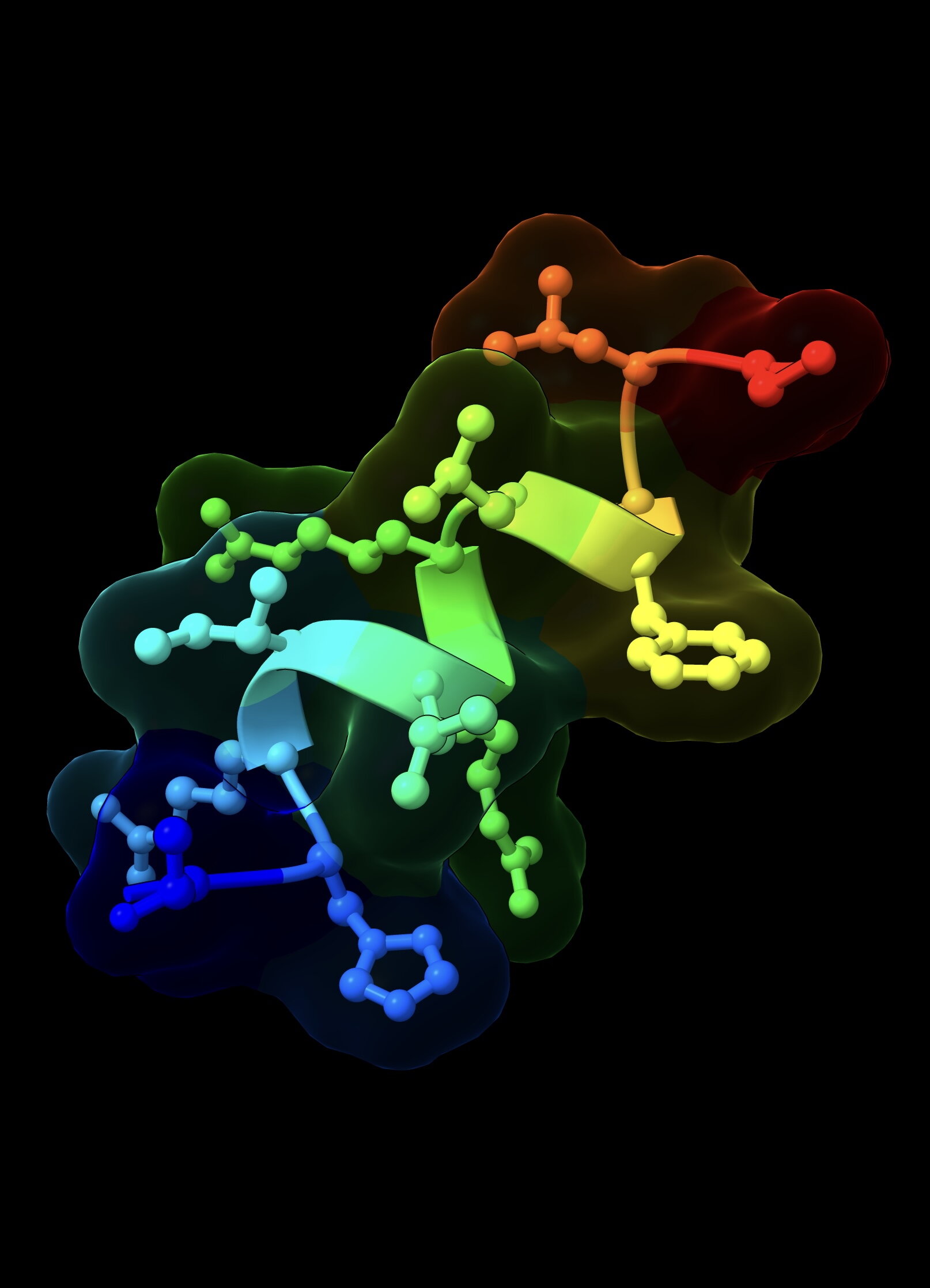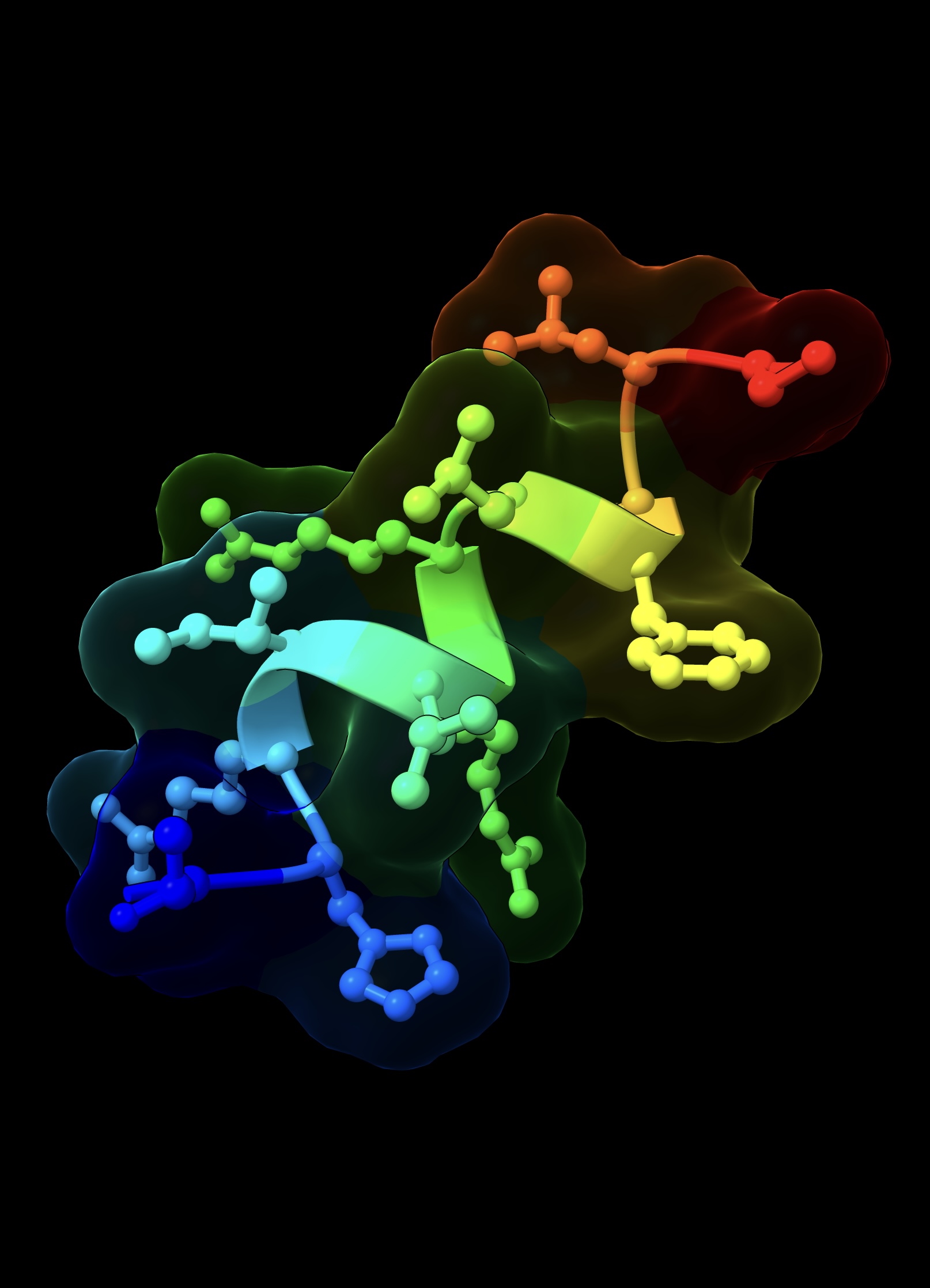BRP - a new GLP1-like peptide
We dive into BRP, a possible new future for GLP1-like formulation that could be even more beneficial without the downsides.

GLP1 Receptor Agoinists are still the most well-researched type 2 diabetes and weight loss solutions that has been seen by modern science, but we like to keep an eye on what could be next.
Check out our quick explainer
Recently, there's been some news on BRINP2-related peptide ("BRP", colloquially), so we took a dive to learn more, starting with the article from MedicalXpress:

Krista wrote the article here and the one at Stanford's main site (but we'll get to that later):

Want to dive deeper on BRP and figure out what it is/how it works? If you'd like to read our analysis after Stanford's article above, the rest of this article is no longer available for free – if you'd like to read the rest of our analysis, check us out on Substack:






